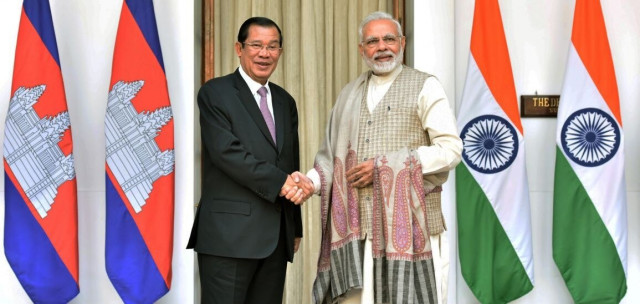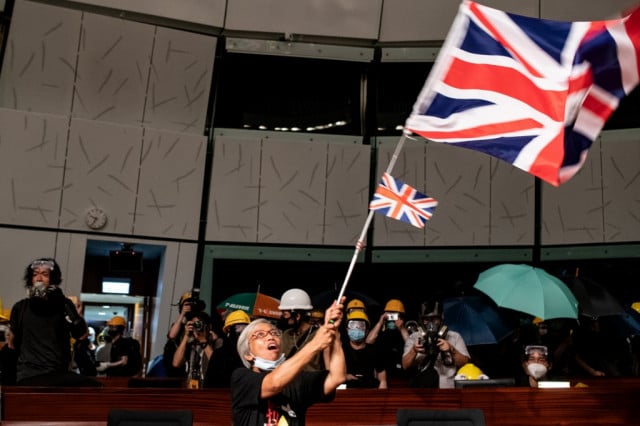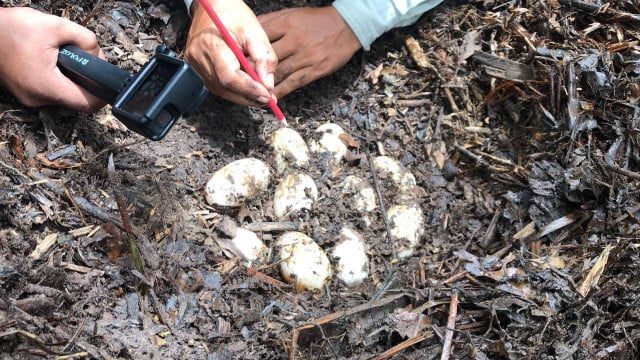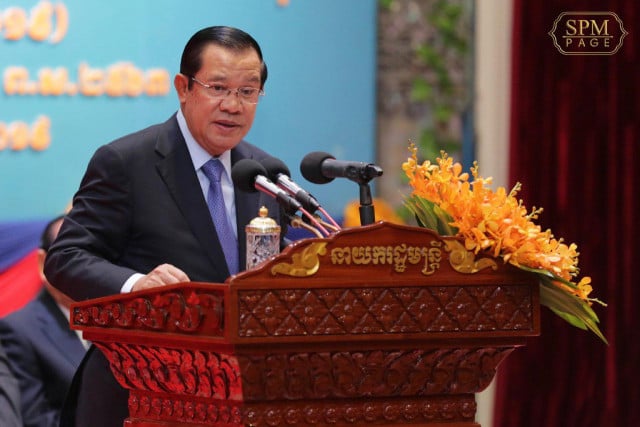India Extends “Vaccine Diplomacy” to Cambodia: What We Should Know

- Sao Phal Niseiy
- January 30, 2021 10:28 AM
As many countries are racing to vaccinate their population through purchasing and stockpiling COVID-19 vaccines, Cambodia has been seeking vaccine donations from its friends and partners in order to share the cost and accelerate the process of immunization.
Given that the reliable reports on the efficacy and safety of the COVID-19 vaccines produced by some countries such as India and China remain ambiguous, many countries, which can’t afford pricy and very difficult-to-handle vaccines, are compelled to accept whatever vaccines available as long as they can manage to secure enough doses to immunize their entire population in a timely manner, hoping to bring back a “normality.”
As can be seen, Cambodian Prime Minister Hun Sen personally requested the India-developed vaccine during his meeting with Indian Ambassador Khobragade on Jan. 18, just a few days after he announced the acceptance of 1 million doses of China’s Sinopham vaccine—300,000 doses of which are due to arrive in the country in February. Not only to India had Hun Sen made a request, other friends and partners including Russia were also on the list.
The effort has been seen as substantial diplomatically in many ways as the prime minister aims to take the opportunity to reinforce diplomatic relations with other major countries while indicating that the Kingdom does not solely depend upon China in the light of a common assumption that the country is a Chinese client state. The action, of course, is aimed at echoing its foreign policy mantra: “Cambodia is friend to all countries and enemy to none.”
For Cambodia in particular, maybe China is a close friend with deep pockets, but possibly with the vaccine donation, India can now appear to be a more reliable and better friend during this time of crisis.
In response to the Cambodian prime minister’s request, Indian Ambassador Khobragade said during India’s 72nd Republic Day celebrations on Jan. 26 that the Southeast Asian nation will receive the vaccines developed in India—LINK—underlining the Indian government’s role on the international stage as a responsible emerging power to supply the vaccine to the rest of the world. So far, it remains to be determined how many doses of India-developed vaccine will be donated to Cambodia.
Cambodia had reportedly asked India for 1 million doses, but there has been no public announcement from either the Cambodian or Indian side regarding the final decision on the donation.
But as a long-lasting friend and an important partner in Southeast Asia under the Act East policy, it is clear that Cambodia will soon be receiving a vaccine donation from the Indian government through the “Vaccine Maitri (vaccine friendship)” initiative.
As of Jan. 27, the country announced that it would receive up to 11 million doses of COVID-19 vaccines—1 million doses from China, 3 million doses from Australia and 7 million doses through COVAX, the World Health Organization’s (WHO) vaccine distribution platform.
India-developed vaccine may earn more trust among Cambodians
So far two Indian vaccines—Covishield (local name for AstraZeneca’s vaccine developed in the United Kingdom) produced by India’s Serum Institute and Covaxin developed and manufactured by Bharat Biotech—have been approved by the country’s drug regulator this month. But what still remains a major problem is the Indian people’s hesitancy in accepting the domestically manufactured vaccines due to inadequacy of efficacy data in spite of the Indian government’s determination to inoculate 300 million people by July.
As the second most populous nation on earth, India has more than 1.3 billion people to vaccinate. However, from a Cambodian perspective, India has been seen as putting more effort to promote the South-South Cooperation and assist other poorer nations in times of need.
Of course, a diplomatic reason might be involved in any move by a nation spearheading an act of generosity. But India, as an emerging power, chooses to do both: expanding its capacity to protect its people while looking to increase its determination to help other nations battling against the pandemic.
As can be seen, India has already dispatched millions of doses of its COVID-19 vaccine to several countries in Asia. And in ASEAN, the country already donated 1.5 million doses of COVID-19 vaccine to Myanmar, which has scheduled the countrywide vaccination program to be rolled out with the made-in-India vaccine by Feb.5.
This happens while most of the wealthy nations prefer to keep stockpiling the vaccines for their own citizens—an act that is giving a greater boost to the philosophy of the vaccine nationalism.
Not only India’s kind action is worth mentioning, but easiness to handle and affordability are also important in making the Indian vaccines more appealing to many developing countries despite insufficient efficacy data.
For the Cambodian government, logistical and storage capacity is fundamentally one of the factors that must be taken into account. But what I can see is that the Indian vaccines can face least resistance from the Cambodian general public when it comes to inoculation compared to others, specifically those developed in Russia and China.
Although accepting and using a particular vaccine is about public health issues, it also involves the perception of the people. In Cambodia, there is far more defiance to Chinesiness than to the Indianess. For instance, Chinese products have long been deemed low quality by many, let alone the vaccines which are of public health and safety concern.
But things about India have been perceived differently. Cambodians regard India as an age-old friend with long-standing cultural and religious linkage, and its adherence to democracy has as well been cherished by many Cambodians.
More significantly, India’s capacity and fame in manufacturing and supplying sophisticated medicinal products have been prevalent in Cambodia over the past decades. This claim can be further buttressed by the amount of money Cambodia spends each year on imports of pharmaceutical products from India. According to the United Nations COMTRADE, Cambodia’s pharmaceutical imports from India in 2019 stood at $45.67 million higher than that of the imports from France.
Even though Cambodia’s schedule for vaccination rollout remains undetermined, it can be expected that there will be more propensity of more people willing to take the shot of the India-developed vaccines.















